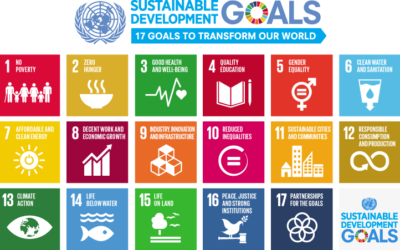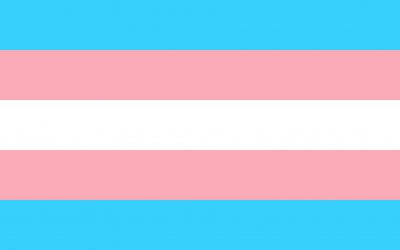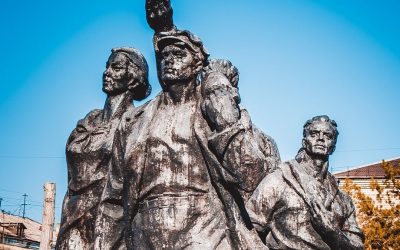Gender justice must lie at the heart of business and human rights. Women workers are often the worst paid and treated; women are often without land titles and dispossessed; and attacks on women who stand up to abusive business are on the rise. Equally, women are an essential part of the solution: for instance, their struggle for decent work and a living wage facilitates so many other key rights such as to housing, and the rights to health and education. Women are also organised – around pay discrimination, #MeToo in the workplace, and land rights, for instance.
Individuals of all genders can face discrimination for their identity; this includes individuals who are transgender, who are nonbinary, and/or who do not fit into traditional gender roles.
There is growing attention to ensure gender equality in business and human rights. While this is encouraging, it is vital that this movement recognises and values the voices and leadership of women and accounts for their multiple roles as human rights defenders, food producers, workers and caregivers.
For more information, see the Business & Human Rights Resource Centre’s gender portal.










